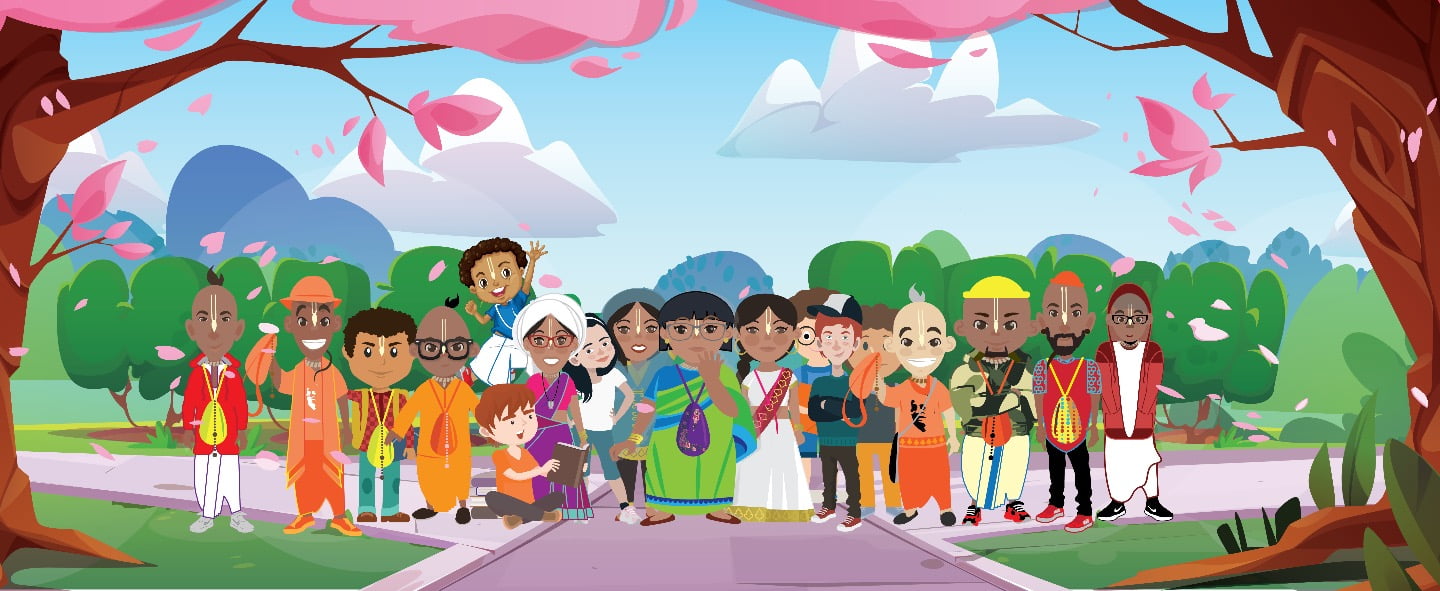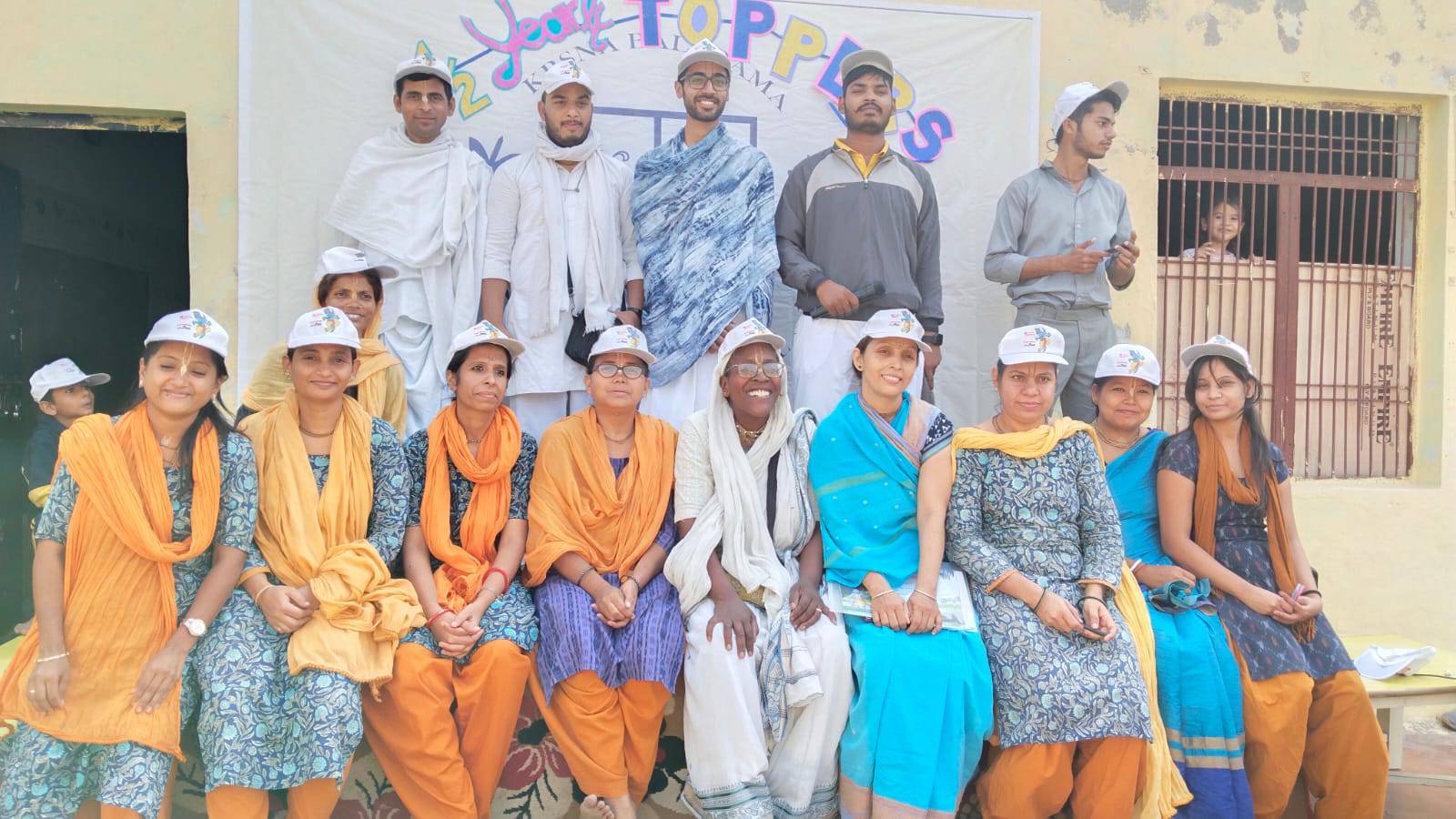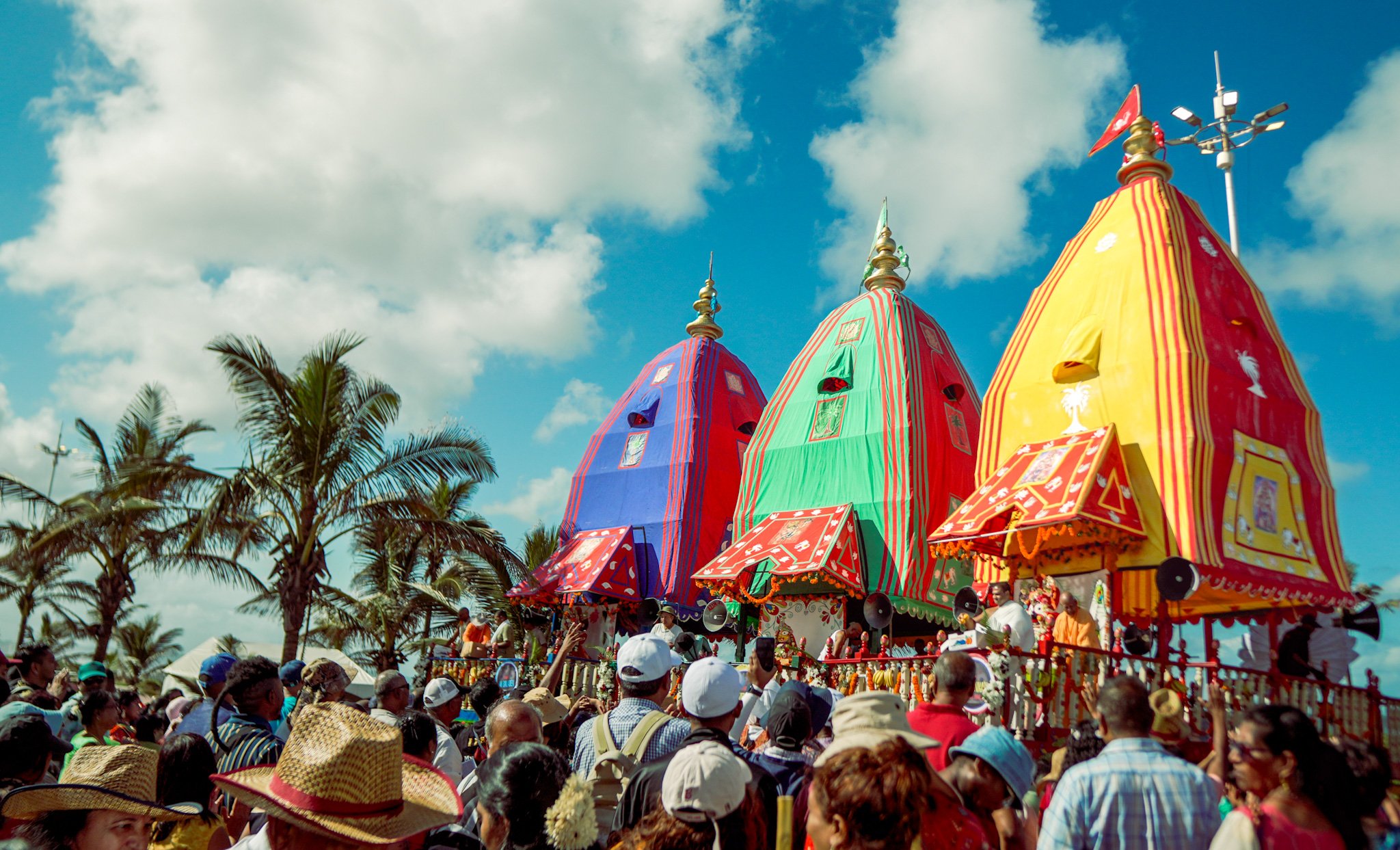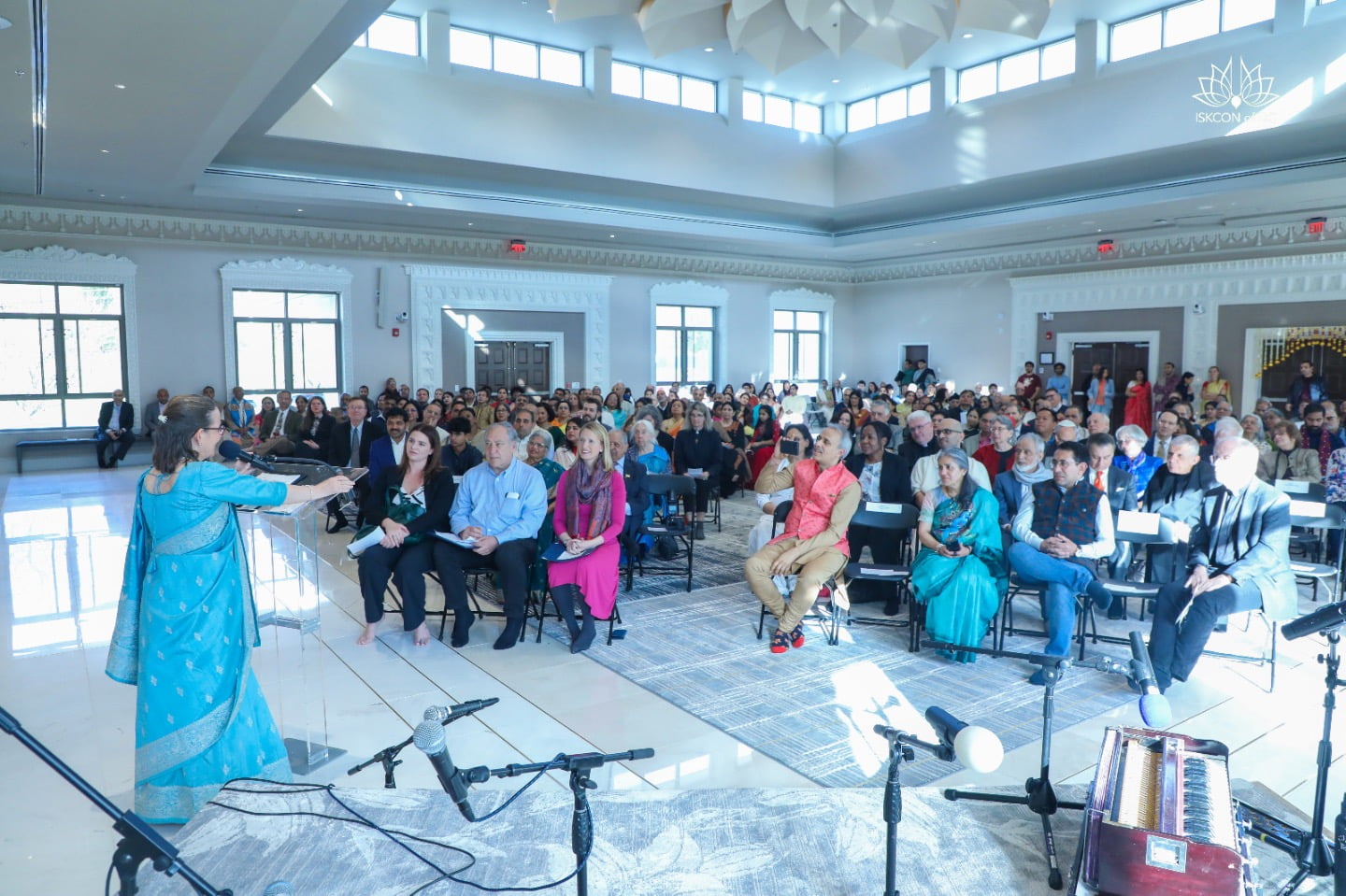West Virginia’s Palace of Gold
By Rahul Mehta | Oct 30, 2011
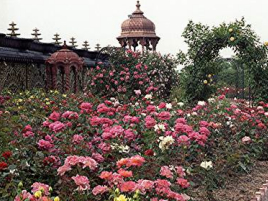
IT was the Taj Mahal of Appalachia, “Heaven on Earth” in “Almost Heaven West Virginia,” a sprawling, opulent affair with lush gardens, a beautiful temple, a Palace of Gold, accommodations for hundreds of devotees, statues of Radha and Krishna, and even, at one point, an elephant.
New Vrindaban — named after a holy town in India — was the largest Hare Krishna commune in America, and was opened to the public in 1979. It was led by Swami Bhaktipada, one of the movement’s earliest and most controversial American disciples, who died Monday. And it was less than two hours from the West Virginia town where I grew up.
My family went there often in those first years, ferrying carloads of Indian friends and relatives who came to see us (and the palace) from all around the United States. My parents and their friends were part of the first wave of Indians to arrive in America after the 1965 Immigration Act loosened restrictions on South Asians. This new immigrant community, just putting down roots, had very few places to worship; there were hardly any Hindu temples in America. For them, New Vrindaban provided an opportunity to pray in a proper mandir instead of at a makeshift altar in someone’s basement.
And it was also breathtakingly beautiful. Situated at the very top of a hill (which some said resembled the foothills of the Himalayas), the palace was replete with stained-glass windows, crystal chandeliers, marble floors and gold-leaf decorations. Even our family members from India, who had all heard of the Palace of Gold, wanted to see it. For many, a trip there was more than a sightseeing excursion: it was a kind of pilgrimage.
But not for me and my brother. We hated those trips. If New Vrindaban was a source of comfort for our parents, it was a source of shame for us. We thought the Hare Krishnas were freaks, fake Indians aping Indian ways. Not that we wanted anything to do with real Indians, either. We wanted to be home watching TV. We would only grudgingly pile into the car for the drive, then sulk as we snaked our way up the Ohio River, through the small towns of rural Appalachia, and into the panhandle.
Read more: http://www.nytimes.com/2011/10/29/opinion/west-virginias-hare-krishna-commune.html?_r=2







